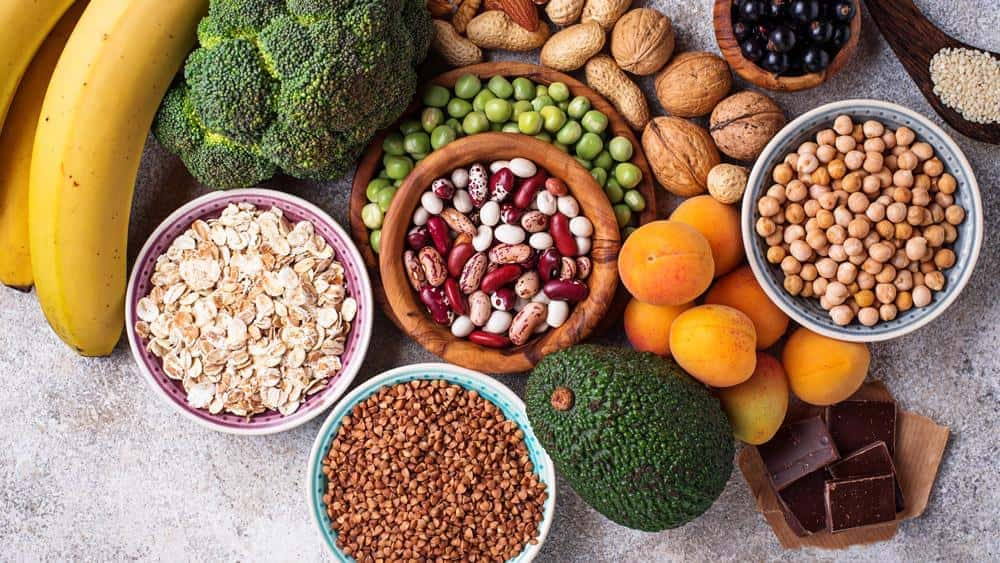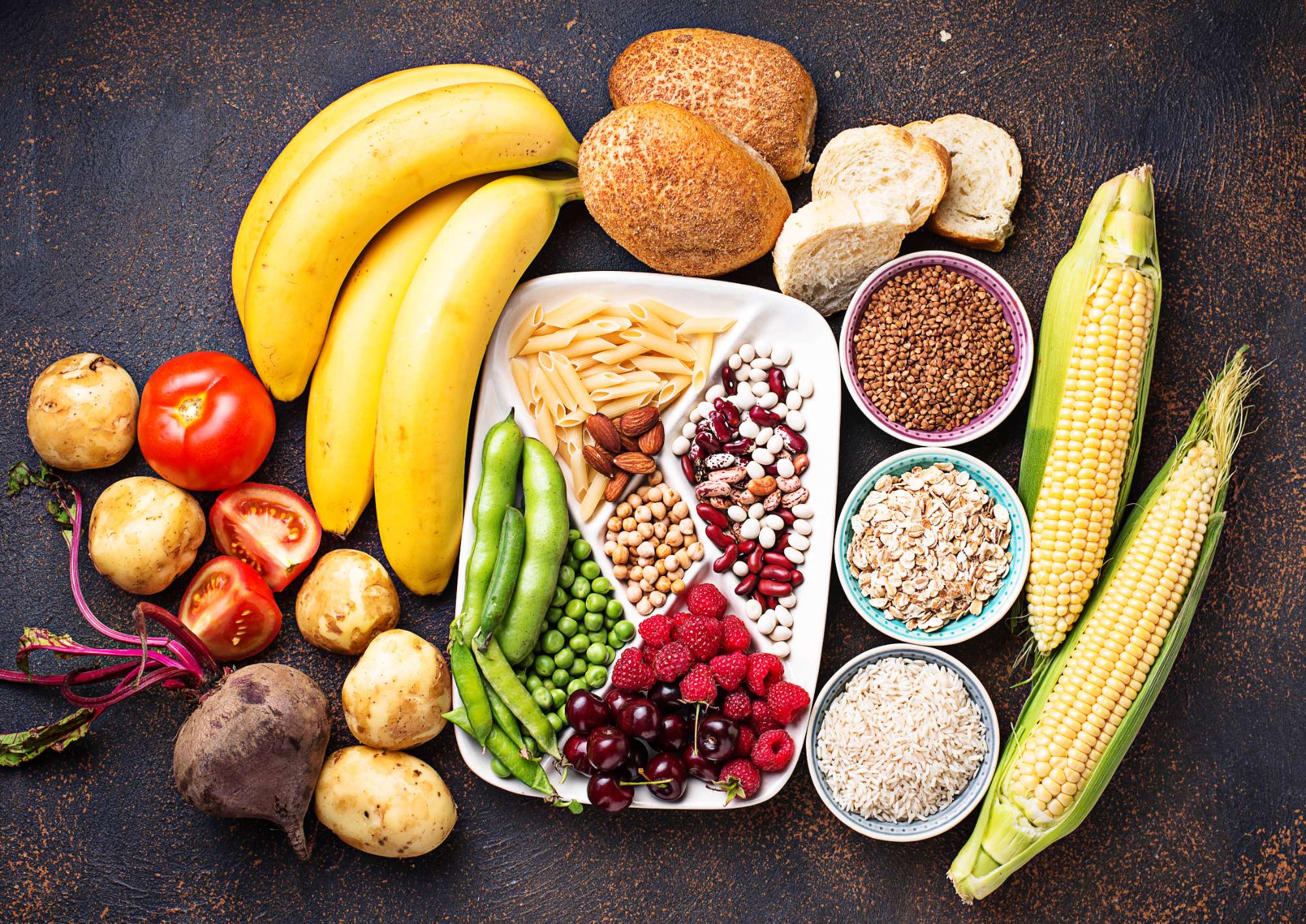When to say no to Gluten
When to say no to Gluten
Gluten, a protein found naturally in many grains, has been the subject of much discussion in recent years. Many people have embraced a gluten-free diet, the reality is that gluten is not inherently harmful for most individuals. In this article, we've compiled insights from nutrition experts talking about the facts and misconceptions surrounding gluten, to help you understand whether a gluten-free diet is right for you.
Gluten is a protein found naturally in many grains, including wheat, barley, and rye. Oats themselves do not contain gluten. However, oats can sometimes be contaminated with gluten during processing or storage if they come into contact with wheat, barley, or rye.
Gluten can be extracted, concentrated, and added to cosmetics, foods and other products to add protein, texture, and flavor. It's common in foods such as bread, pasta, pizza, and cereal.
Gluten does not provide essential nutrients. It's primarily a protein that gives structure and elasticity. It works as a binding agent to hold processed foods together and give them shape. The two main proteins in gluten are gliadin and glutenin. When flour is mixed with water, these proteins bind into a sticky network that’s glue-like in consistency.
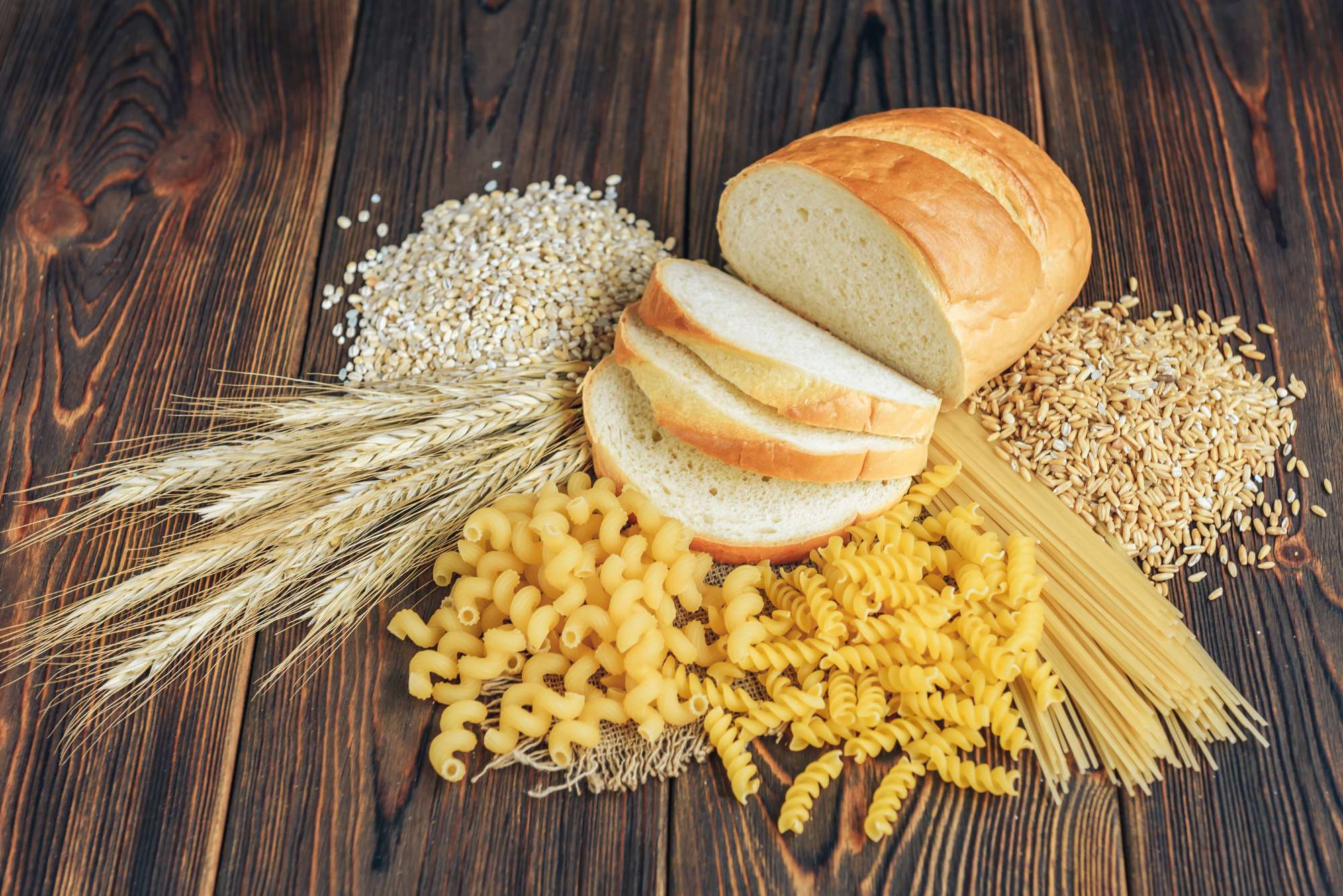
What does gluten do to your body?
Our bodies have digestive enzymes that help us break down food. Protease is the enzyme that helps our body process proteins, but it can’t completely break down gluten. Undigested gluten makes its way to the small intestine. Most people's bodies can handle the undigested gluten without any problems. But in some people, gluten can trigger a severe autoimmune response or other unpleasant symptoms.
An autoimmune response to gluten is called celiac disease. Celiac can damage the small intestine.
Some people who don’t have celiac disease still seem to feel sick after eating foods that contain gluten, with symptoms including bloating, diarrhea, headaches or skin rashes. This could be a reaction to poorly digested carbohydrates, not just gluten. These carbs, called FODMAPS, ferment in our gut. People with sensitive guts may experience discomfort from that fermentation, meaning the discomfort is not necessarily due to gluten.
Research suggests that some people could have small intestines that don’t work properly. The lining might be too permeable, allowing some undigested gluten, bacteria or other substances to go through the lining and into the bloodstream, causing inflammation.
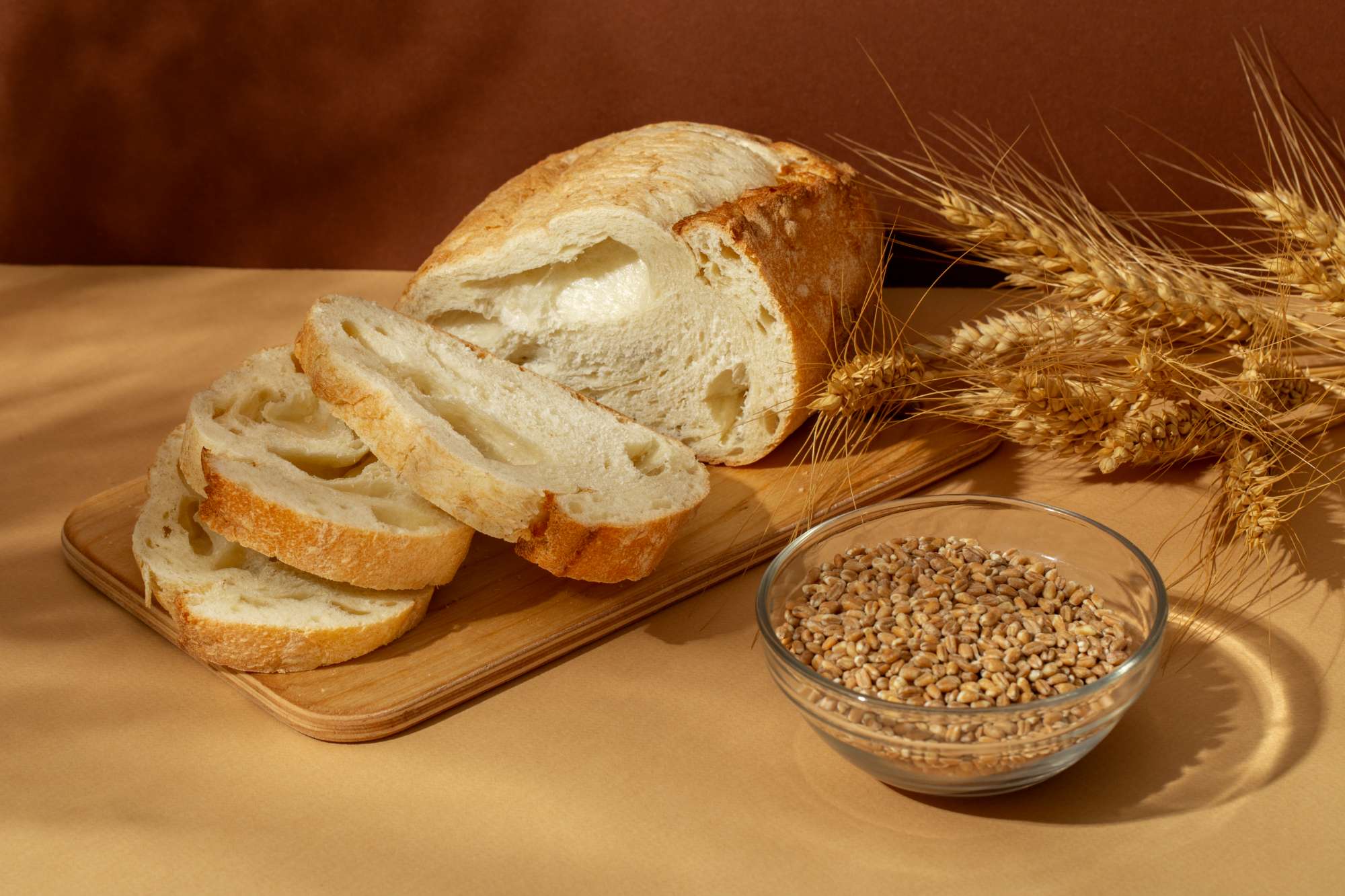
Is gluten bad for you?
“There’s a lot of confusion about gluten being an evil food. Gluten isn’t inherently bad for most people,” says Rajagopal - she is an internal medicine and obesity specialist at the Johns Hopkins School of Medicine Faculty. “We, as humans, have consumed gluten for as long as people have been making bread. For centuries, foods with gluten have been providing people with protein, soluble fiber and nutrients.”
Gluten in itself, especially gluten found in whole grains, is not bad for healthy people whose bodies can tolerate it. However, grains like wheat are often stripped down to make processed foods such as snack crackers and potato chips. “These refined products have very little resemblance to the actual wheat plant, which is actually highly nutritious,” explains Rajagopal. “They tend to contain things like white rice flour and starches, but not whole grains.” Many people who adopt a gluten-free diet but still eat processed foods find they continue to have weight gain, blood sugar swings and other health issues. So it’s not the gluten in foods that’s causing their health issues, but the sodium, sugar and other additives in processed foods.

Who should avoid gluten?
1. Those who have celiac disease, an autoimmune disease that causes damage to the small intestine in people who consume gluten. If you think you have a gluten problem, meet your doctor, who may recommend a blood test to find out if you have celiac disease or a wheat allergy.
2. Those who have non-celiac gluten sensitivity, or gluten intolerance, which is gastrointestinal irritation caused by gluten in people who don’t have celiac disease.
3. Those who have a wheat allergy, an allergy only to wheat, but not to all grains or to gluten itself.
4. Those with gluten ataxia, a rare neurological autoimmune disorder that causes your body to attack parts of your brain in response to gluten.
If you have a gluten intolerance, following a gluten-free diet is essential. This involves avoiding all products containing wheat, barley, and rye. However, the grains that contain gluten often offer valuable nutrients like:
- Carbohydrates: A source of energy
- Fiber: Promotes digestive health and satiety
- Vitamins and minerals: Such as B vitamins, iron, and magnesium
It's important to ensure you're getting these nutrients from other sources. Common gluten-free alternatives include rice, corn, quinoa, flax, soybeans, buckwheat, oats, amaranth, and millet.
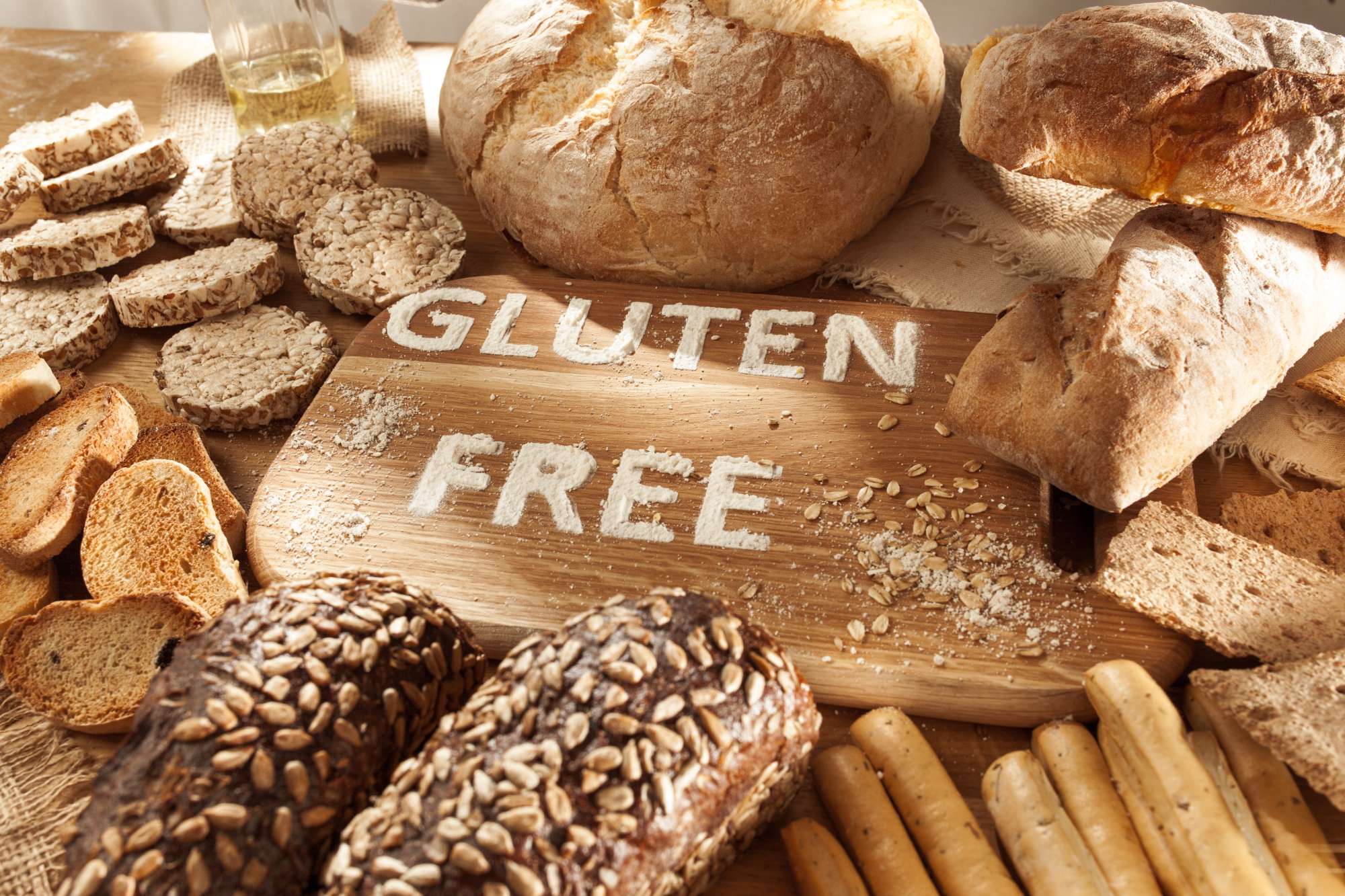
What proportion of
the population is gluten intolerant?
Gluten intolerance is the general name for a group of conditions, including celiac disease and gluten allergy. Recently, gluten allergy was considered synonymous with celiac disease.
Gluten intolerance is estimated to affect about 1 - 2% of the population. While the prevalence of celiac disease has been estimated to be around 1% of the population, the rate of non-celiac gluten sensitivity (NCGS) is less clear, studies suggest that NCGS may affect anywhere from 0.5% to 6% of the population.
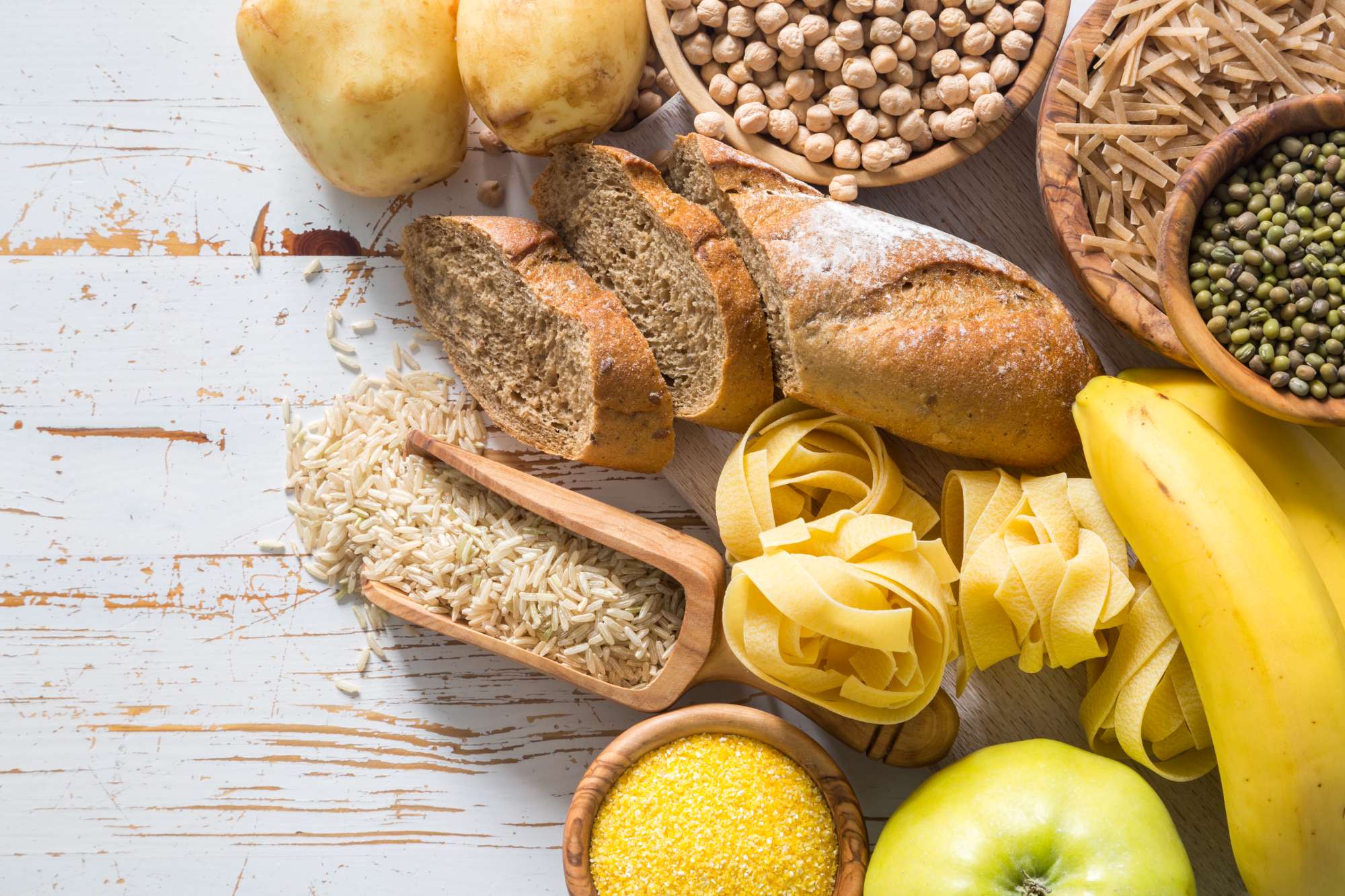
Why is the gluten-free diet so popular?
It's no surprise that even people who haven't been diagnosed with "gluten intolerance" have adopted the gluten-free diet . They've chosen it, although there's no research to recommend a gluten-free diet for otherwise healthy people who can tolerate gluten, nor is there any research to suggest that gluten is bad for all people's health. Recently, it's estimated that 20% to 30% of the U.S. population follows a gluten-free diet, or has done so in the past.
The popularity of this "gluten-free diet" is due to a combination of factors, as following:
- Intuitive: it seems like a good idea.
- Ideological: if gluten is bad for people with celiac disease, then it must be bad for me, too.
- Anecdote: being convinced by hearing about someone whose unpleasant symptoms finally disappeared after adopting a gluten-free diet.
- Marketing: being convinced by the power of marketing communications, from people selling gluten-free products or books about the gluten-free diet.
In fact, gluten-free foods tend to be more expensive than conventional foods. Many people believe that gluten-free foods are more nutritious. In realy, this is a misconception. Gluten-free foods are often less fortified with folic acid, iron and other nutrients than regular foods containing gluten. And gluten-free foods tend to have less fiber and more sugar and fat. Several studies have found a trend toward weight gain and obesity among those who follow a gluten-free diet, including those with celiac disease.
If you are thinking about going gluten-free, you should consult your doctor, nutritionist, and deeply learn about celiac disease and gluten. So that you can clearly see whether a gluten-free diet really improves your health or your sense of well-being, or it is just a widely amplified health fad.
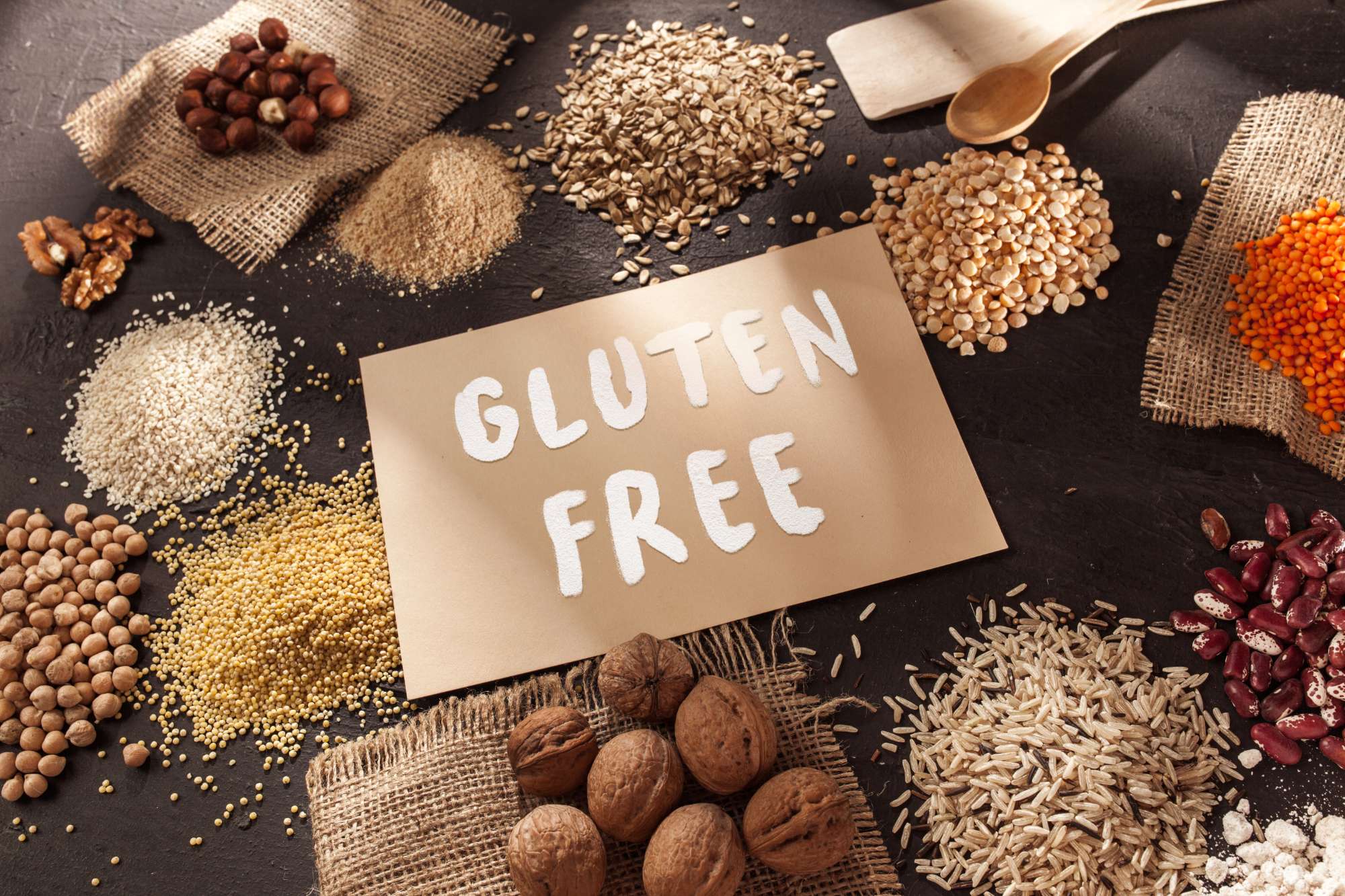
Key takeaways
1. Gluten sensitivity: For individuals with celiac disease or gluten sensitivity, a gluten-free diet is essential.
2. No inherent harm: Most people can safely consume gluten without experiencing negative health effects.
3. Informed choices: Understanding the facts about gluten can help you make informed dietary decisions.
Compiled and written by Crocus Media.
Products
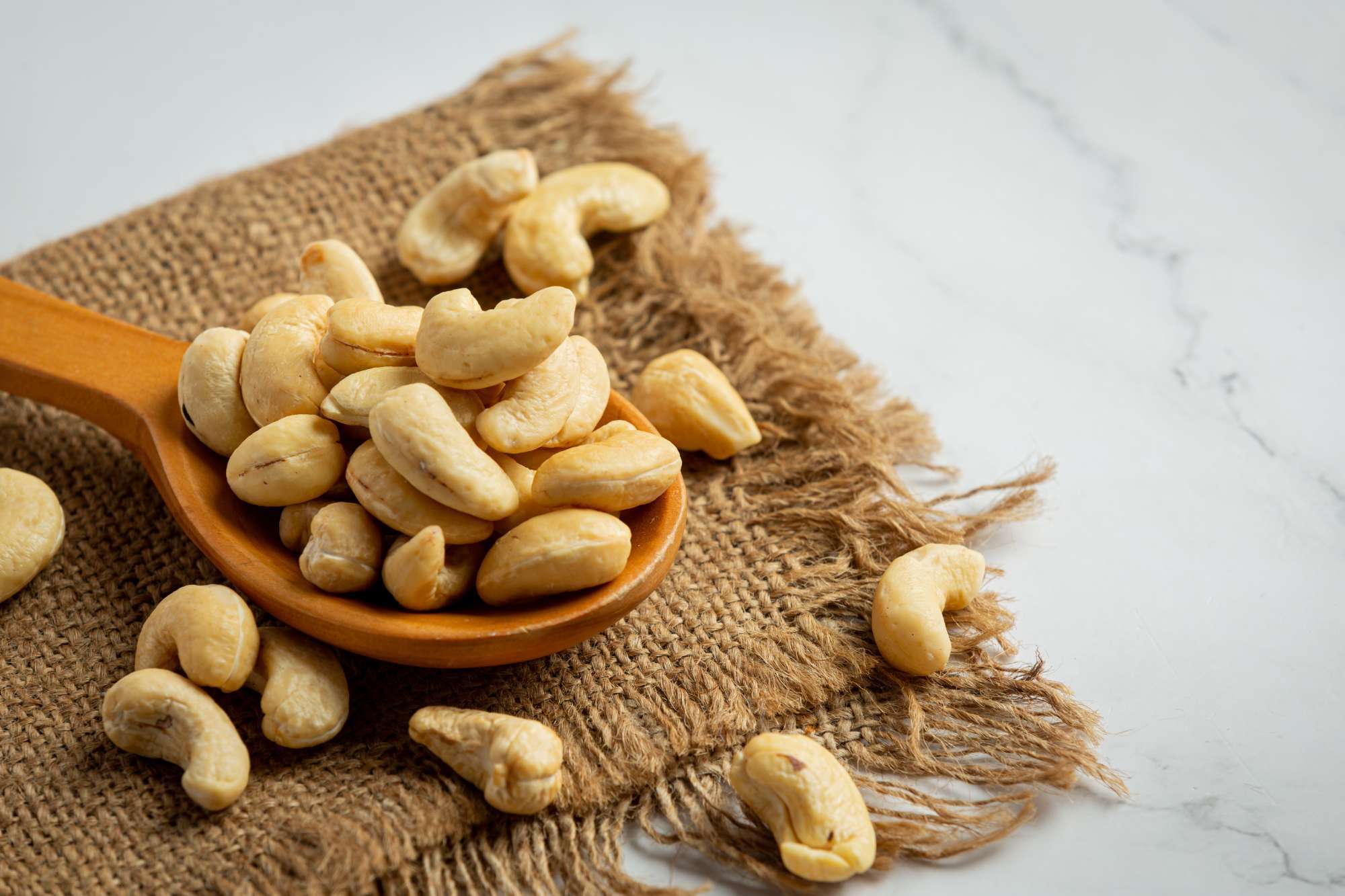
Cashew
Cashew Nuts contain a lot of vitamins, minerals and antioxidants such as vitamin E, vitamin K, vitamin B6, copper, phosphorus, zinc, magnesium, iron and selenium. Despite being rich in nutrients, cashews are slightly lower in fat than most other nuts.
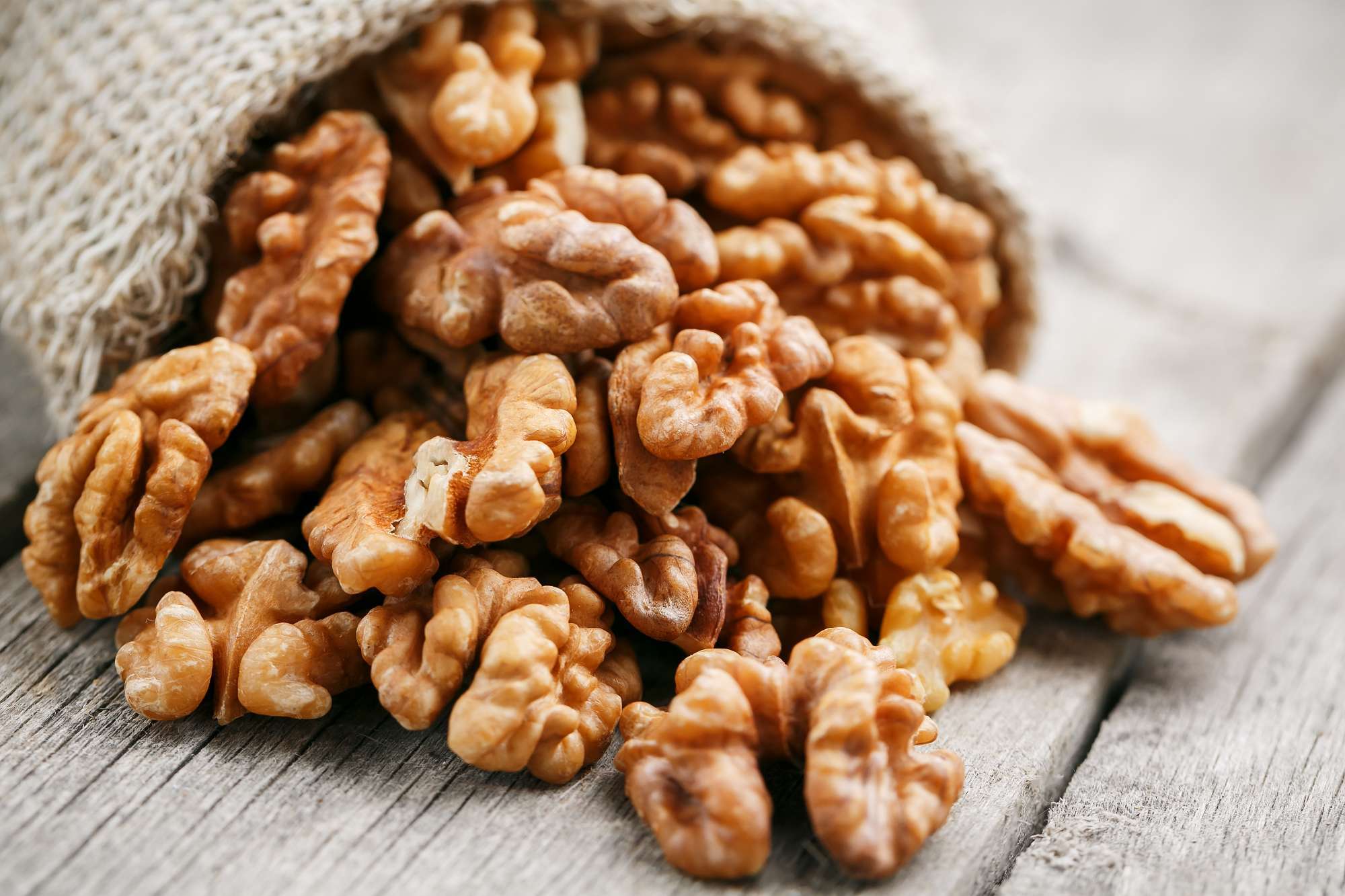
Walnut
Walnuts are increasingly being used as a product to help improve brain health, prevent heart disease and cancer. Walnuts are made up of about 65% fat and 15% protein, are low in carbs and most of them fiber. Although the shells are slightly bitter, walnuts have a mild, earthy and tangy taste.
.jpg)
.jpg)
